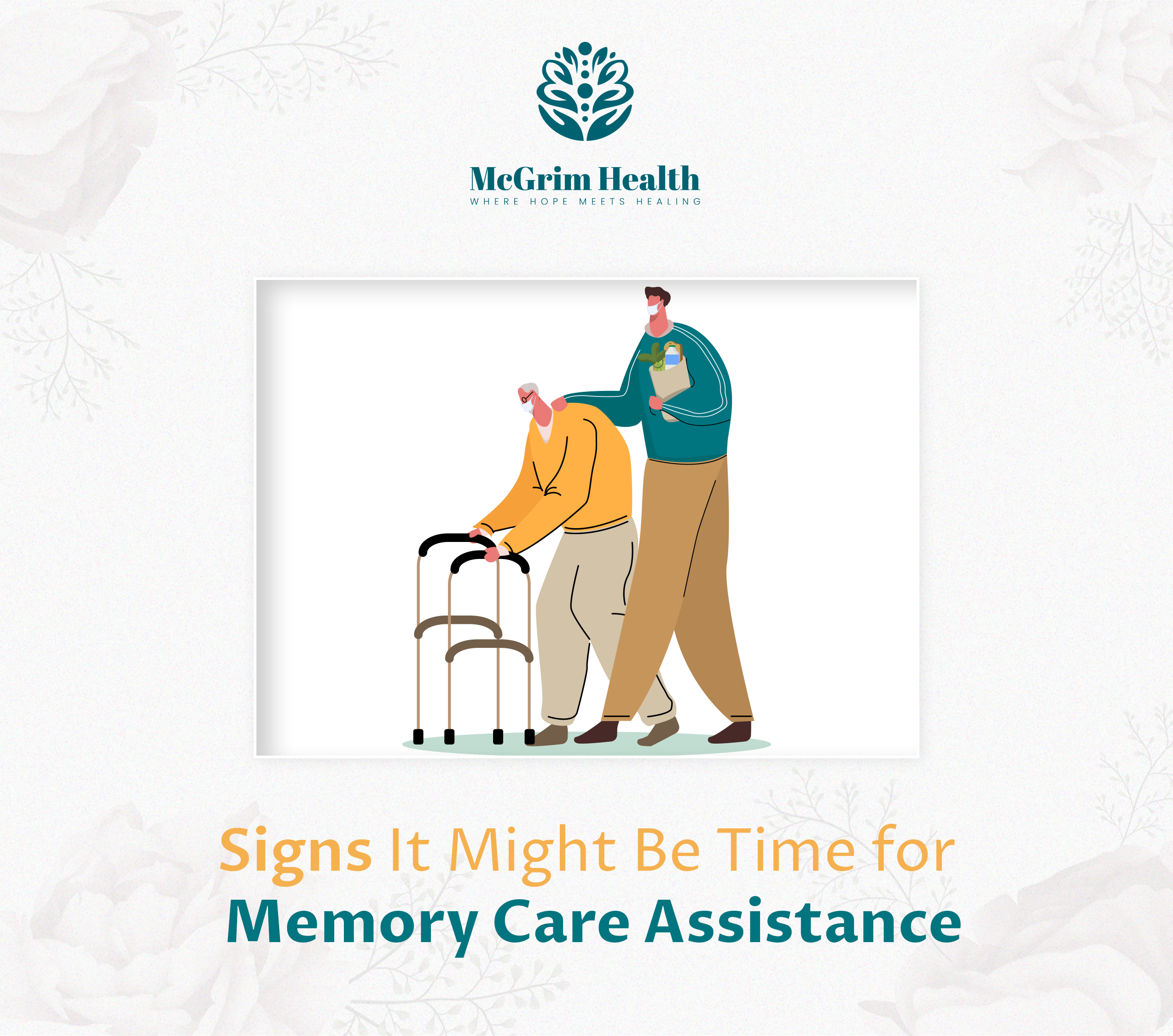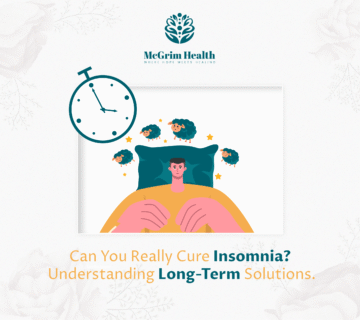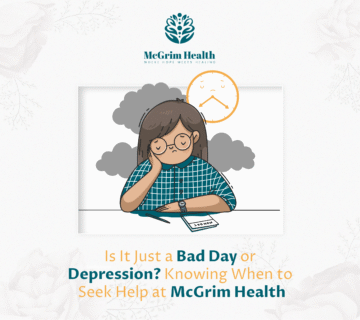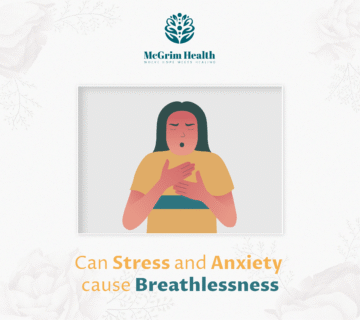Caring for a loved one is a heartfelt journey. When a family member forgets small things like where they put their keys or significant things like whether they ate lunch, it can feel scary. You might wonder, “Is this normal aging? Or is it more?” At McGrim Health, we help families find answers and kindness every step of the way.
What Is Memory Care?
Memory care means extra help for people who have trouble remembering things every day. It is not just a house with beds. It is a warm place designed for safety and joy. In memory care, friendly staff know how to help someone with dementia feel calm and cared for.
Early Clues of Change
Sometimes, slight hints appear before big problems. You might see:
- Memory loss occurs in small ways, such as forgetting appointments or names.
- Trouble with Daily Tasks, like not knowing how to turn on the stove.
- Losing Track of Time, for example, thinking today is yesterday.
When these small changes escalate, they may signal the need for additional support.
Signs It Might Be Time for Memory Care Assistance
Safety Steps
- Wandering off the path in the garden
- Leaving the stove on by accident
Self-Care Struggles
- Skipping baths or wearing the same clothes each day
- Forgetting glasses or dentures
Money Mix-Ups
- Paying bills twice or hiding money in odd places
- Not recognizing coins or bills.
Feelings and Mood
- Sudden anger or fear without reason
- Feeling sad or lost when family isn’t there
Every family feels worried when these clues grow. Seeing two or more symptoms tells you it could be time to talk to a doctor or a care team.
How McGrim Health Finds Answers
At McGrim Health, we believe in clear steps and kind hearts. To see if memory trouble comes from dementia or something else, we:
Do a Physical Check
- We check blood pressure, heart health, vitamin levels, and more. Simple issues like an infection or low vitamins can mimic dementia.
Give Neurological Tests
- We play simple games to test memory, talk, solve puzzles, and do math. We check the balance and how the body responds to touch, light, and other stimuli.
Use Brain Scans
- A CT scan uses X-rays to take pictures of the brain.
- An MRI uses magnets and radio waves to create images of tissues and nerves images.
- A PET scan shows how the brain uses energy and helps us spot early changes.
These steps let us spot signs of trouble early and help families plan the next steps with hope. Reach out today.
Making Home a Safe Place
If moving to a dementia care center feels too soon, you can start by making your home safer:
- Clear walkways of rugs or clutter.
- Put night lights in hallways and bathrooms.
- Label cabinets and doors with words and pictures.
- Keep a large clock and a simple calendar where it’s easy to see.
- Use locks the family can open, but it is hard to jiggle by mistake.
Small changes help your loved one feel sure and safe each day.
When to Visit a Care Center
Some families find the right fit in a care center with round-the-clock help. Look for places that offer:
- Trained staff who smile and speak kindly
- Rooms and halls that are easy to navigate
- Gentle activities like music, art, and light walks
- Nutritious meals are made fresh every day.
- Doctor visits without leaving the center
Plan a visit with your loved one. Notice their smile as they meet new friends. A good center feels like a second home.
Talking as a Family
Deciding on memory care is a team choice. Talk as a family:
- Share what you see and feel.
- Make a list of questions for doctors and care staff.
- Write down wishes for daily care and safety.
- Pick someone to learn about legal and money matters.
When you all speak and listen, the best plan shines through.
Holding Hope and Love
Watching memory fade can feel sad. Yet every day, you give love in small ways, holding hands, a gentle hug, a favorite song. At McGrim Health, we walk with you in each moment. We shine a light on the path ahead. And most of all, we hold hope in our hearts.
Whether you stay home with extra help or find a warm care center, you are never alone. You have friends, doctors, and a team ready to support you and your loved one. Together, we bring calm, safety, and joy to each day.
FAQs
Can I help at home instead of a care center?
Yes, though this depends on the severity of symptoms. Home adjustments work best in early stages. You can clear clutter, add night lights, label doors, and keep a big clock and calendar where it’s easy to read. These steps help your loved one feel safe.
What comes after I choose memory care?
You’ll meet with the care team to make a plan for daily routines, doctor visits, and fun activities. You can visit often, call anytime, and participate in special events together.





No comment